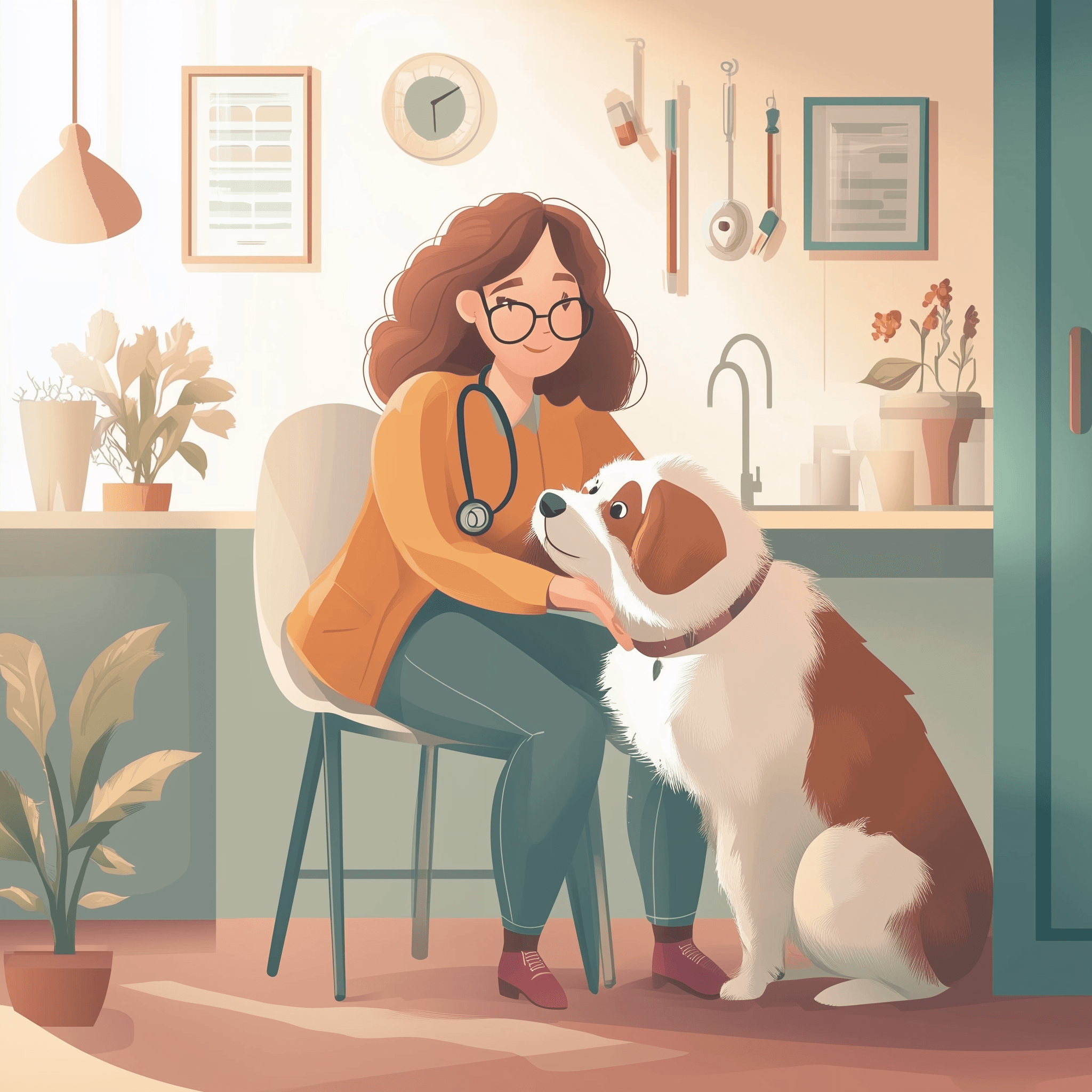
Animal Allergies – Symptoms, Causes and Treatments
Allergies in pets such as dogs and cats are becoming an increasingly common problem. Itching, skin redness, digestive problems or excessive scratching can be signs of an allergic reaction. What are the most common causes of allergies in animals? How to recognize the symptoms and effectively treat allergies in your pet? Check out our guide!
1. Animal allergies – what is it?
Allergy is a hypersensitivity of the immune system to certain substances that are harmless to most animals. The animal's body treats them as a threat and triggers a defensive reaction, manifesting itself in skin or digestive problems, among other things.
2. The most common causes of allergies in dogs and cats
🔹 Food allergy – caused by specific dietary ingredients, most often chicken, beef, dairy products, eggs or cereals.
🔹 Contact allergy – a reaction to certain materials, e.g. detergents, pet cosmetics, or even bedding fabrics.
🔹 Inhalant allergy – caused by pollen, dust, mold, mites or cigarette smoke.
🔹 Flea allergy (FAA) – caused by flea saliva, even after a single bite.
3. Symptoms of allergies in dogs and cats
The most common symptoms of allergies in animals are:
🐾 Skin symptoms : itching, redness, hair loss, blisters and skin sores
🐾 Digestive symptoms : diarrhea, vomiting, gas, abdominal pain
🐾 Respiratory problems : sneezing, coughing, shortness of breath (less common in animals than in humans)
🐾 Recurrent ear infections – common in dogs with food allergies
If you notice the above symptoms in your pet, it is worth consulting a veterinarian and starting diagnostics.
4. How are allergies diagnosed in animals?
Diagnosing pet allergies may include:
✔ Allergy tests – skin or blood tests that indicate the allergens that cause the reaction
✔ Elimination diet – used in the case of food allergies, involves excluding dietary components and observing the body's reactions
✔ Stool and blood tests – to rule out other causes of health problems
5. Ways to treat allergies in animals
💊 Drug treatment – antihistamines, steroids or immunotherapy for severe cases
🥩 Hypoallergenic diet - specialized food that eliminates allergens
🛁 Skin care – allergy shampoos, irritation-soothing ointments
🦟 Flea protection – regular prevention against parasites
Important! Allergy treatment should always be consulted with a veterinarian to tailor therapy to the individual needs of the animal.
6. How to prevent allergies in animals?
✅ Choose high-quality food , free from potential allergens
✅ Regularly clean and wash beds, toys and bowls
✅ Avoid contact of your pet with strong detergents and perfumes
✅ During the pollen season, limit your walks in places with a large number of allergens
Summary
Pet allergies are a common problem that requires proper diagnosis and treatment. Observing your pet, choosing the right diet and taking care of the environment can significantly improve the quality of life of the pet.
Want to provide your pet with comfort and safety? Check out our hypoallergenic beds and premium accessories at Petto.com.pl!




 https://petto.com.pl
https://petto.com.pl